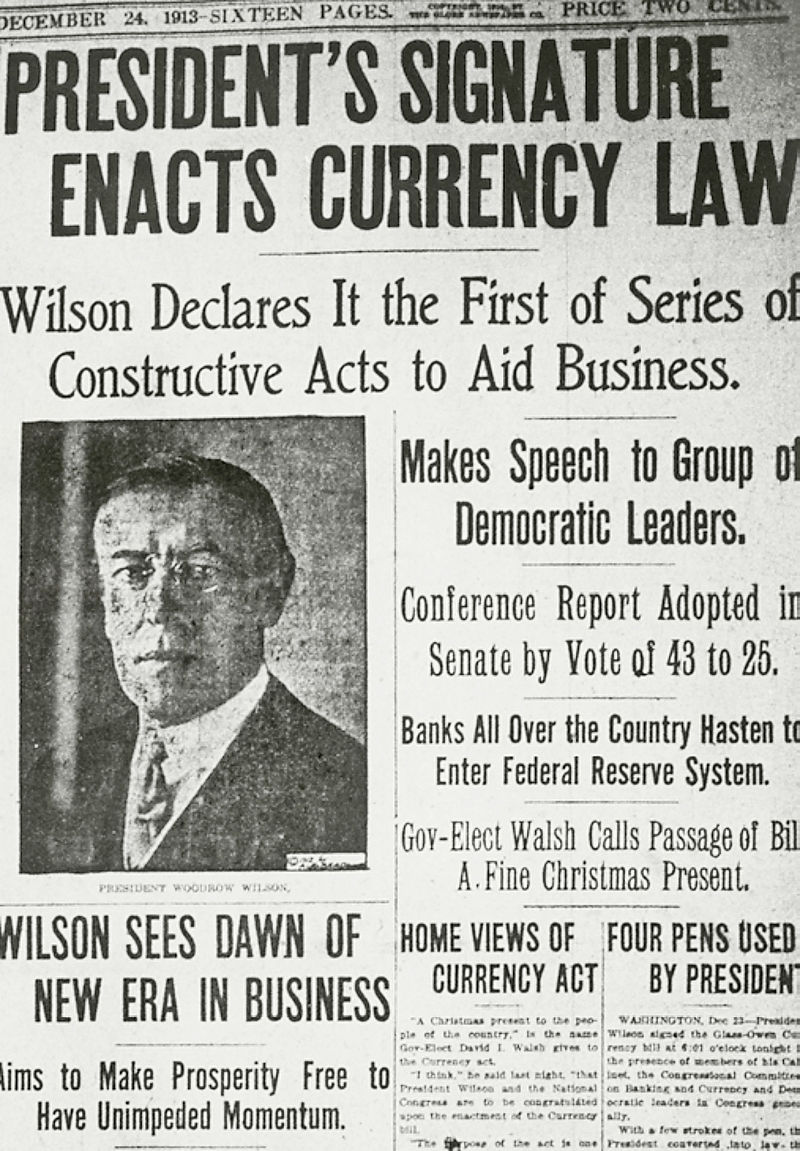Spying on a Presidential Candidate.Wonder why reagan wasn't on the list what with all of his administration's indictments and outright crimes. Looks like a lot of limbaugh and hannity students voted Obama as very bad. Too funny since Obama had a spotless record.
List of Reagan administration convictions.
Communicating with the Secretary of State via Email knowing she's using a unsecured server.
Benghazi
Smuggling weapons into Mexico.
Yeah spotless as a Monkeys Behind.


